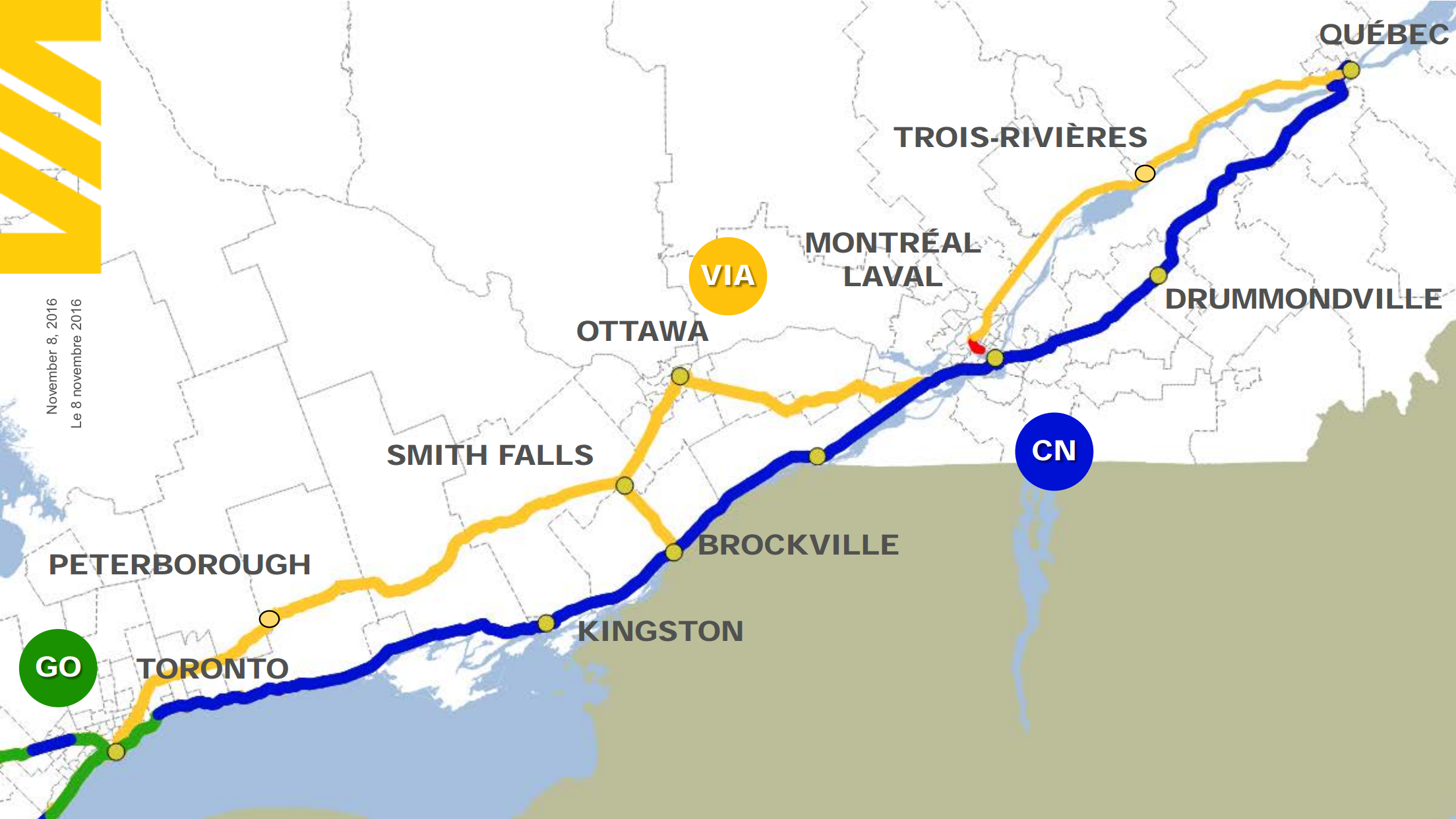
MONTREAL — With political support lining up in Quebec behind high speed rail service between that province and Ontario, Canada’s Transport Minister — who has been working to advance a more conventional-speed “High Frequency Rail” project — has said he is open to a hybrid approach along the corridor.
Global News reports Transport Minister Omar Alghabra said Friday that he’s “not ruling anything out except that we will not abandon these communities that we are committed to connecting” — referring to some of the smaller municipalities along the proposed Toronto-Ottawa-Montreal-Quebec City High Frequency Rail corridor.
Alghabra’s comment came on the day Transport Canada announced the next phase in development of the High Frequency Rail project, development of the Request For Qualifications for companies that would be candidates to develop the project [see “Transport Canada defining process …,” Trains News Wire, Feb. 20, 2023].
In his comments in Montreal, Alghabra said, “We’re inviting the private sector to give us ideas that will include high speed.” The Transport Canada announcement refers to “opportunities to increase speeds beyond 200 kilometers per hour [125 mph] on some segments … of the project, if it is cost effective to do so.” While there is no single definition of high speed rail, 125 mph/200 kph is often considered the minimum figure to fit the description.
In Quebec, however, enthusiasm is clearly greater for the high-speed approach, which could prove to be a hurdle in advancing the High Frequency project.
Quebec’s Transport Minister, Geneviéve Guibault, has said she support high speed rail, Global News reports: “It is faster. There are more chances that people are going to take the train instead of the car.” And a January statement from Catherine Cadotte, press officer for Montreal Mayor Valérie Plante, said the high speed project “deserves to be studied,” according to the French-language Métro news site.
Two members of Montreal’s city council have introduced a motion calling for the Canadian government to formally support high speed rail. Quebec City Mayor Bruno Marchand has said he wants to convince Canadian Prime Minister Justin Trudeau to opt for high speed rail over high frequency, the CBC’s Radio-Canada reports, “for obvious reasons of capacity, to transport people in a shorter time, and to promote a modal shift for people traveling in a Quebec-Kingston corridor.”
And the president and CEO of Alstom Americas told Global News that talks are occurring between his company and the federal government on a possible high speed service.
“It makes all the sense in the world on that corridor to do high speed,” said Alstom America CEO Michael Keroullé. He also said high speed and high frequence are “actually something we can do together.”
No one has yet discussed a cost for any high speed project — let alone a funding source.
“We need to have a current number,” Michel Leblanc, president and CEO of the Chamber of Commerce of Metropolitan Montreal, told Global News. “We need to know what we’re getting our feet into.”
But at the same time, little is concrete about cost or funding of High Frequency Rail. When Transport Canada assumed control of the project in 2021, Alghabra placed the cost at anywhere from $6 billion to $12 billion. With at least another year and a half to be eaten up by the Request For Qualifications and Request for Proposals stages of the project, that figure seems likely to rise.






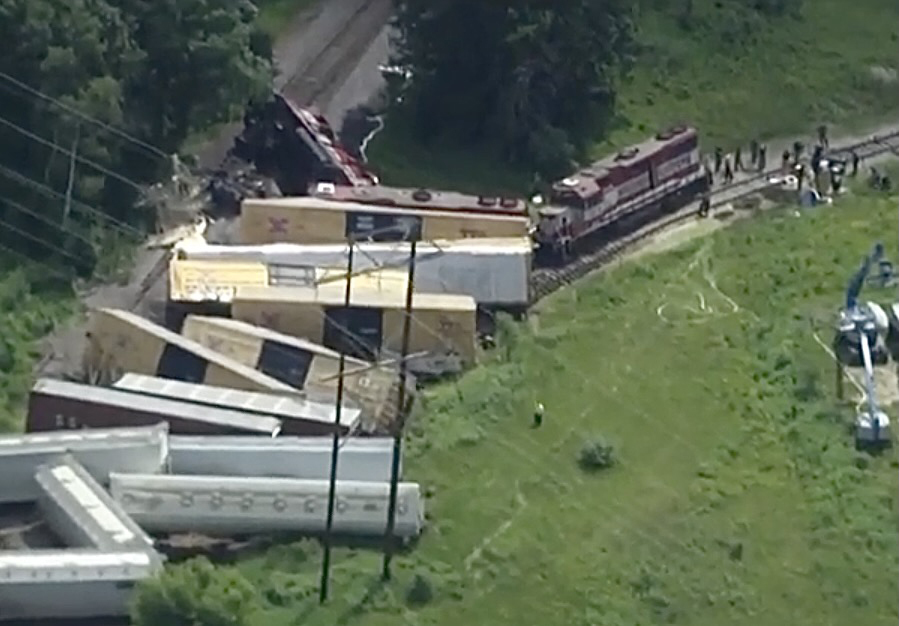
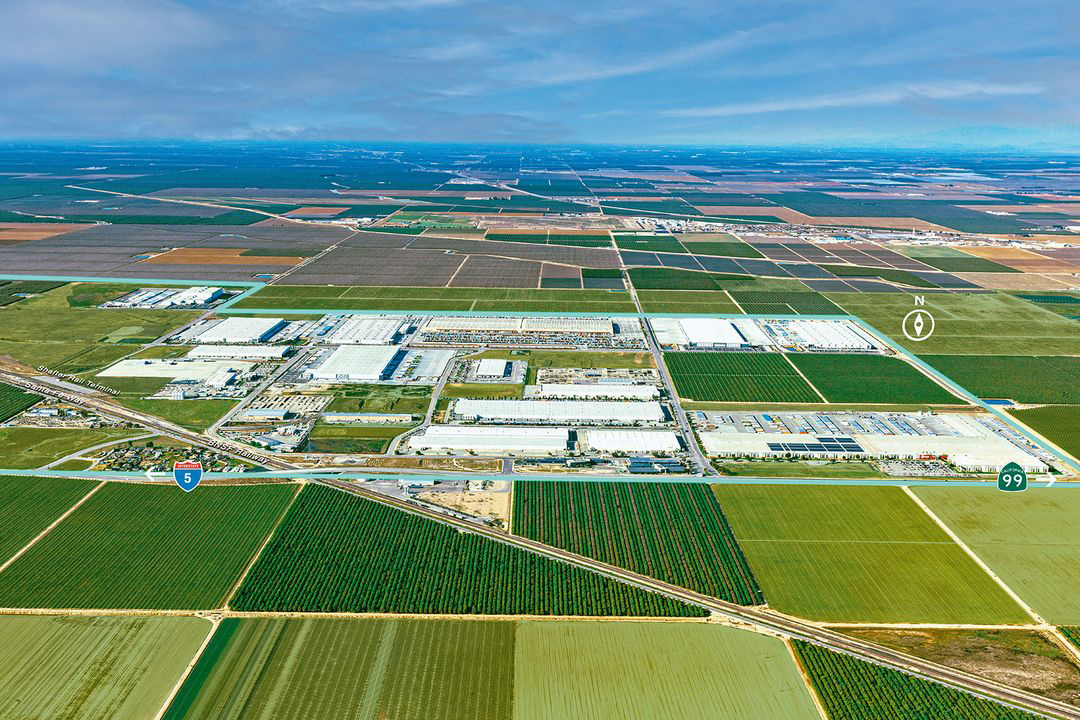
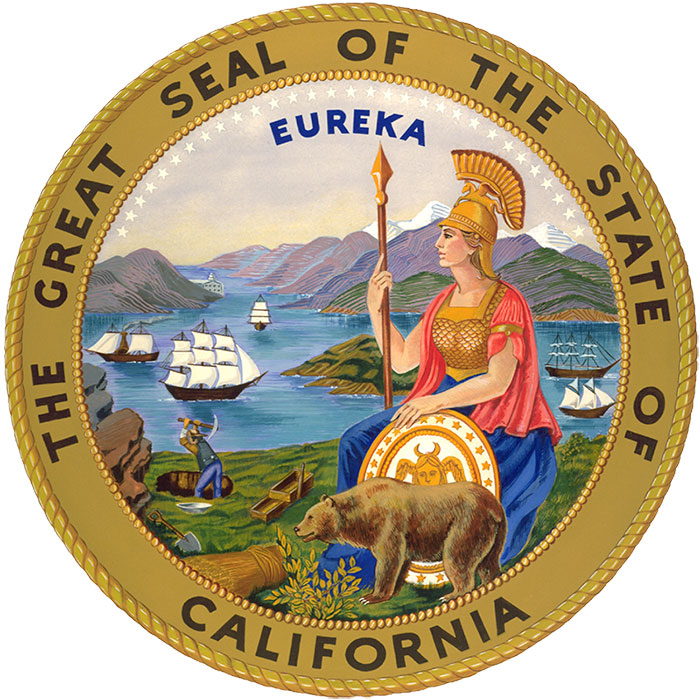
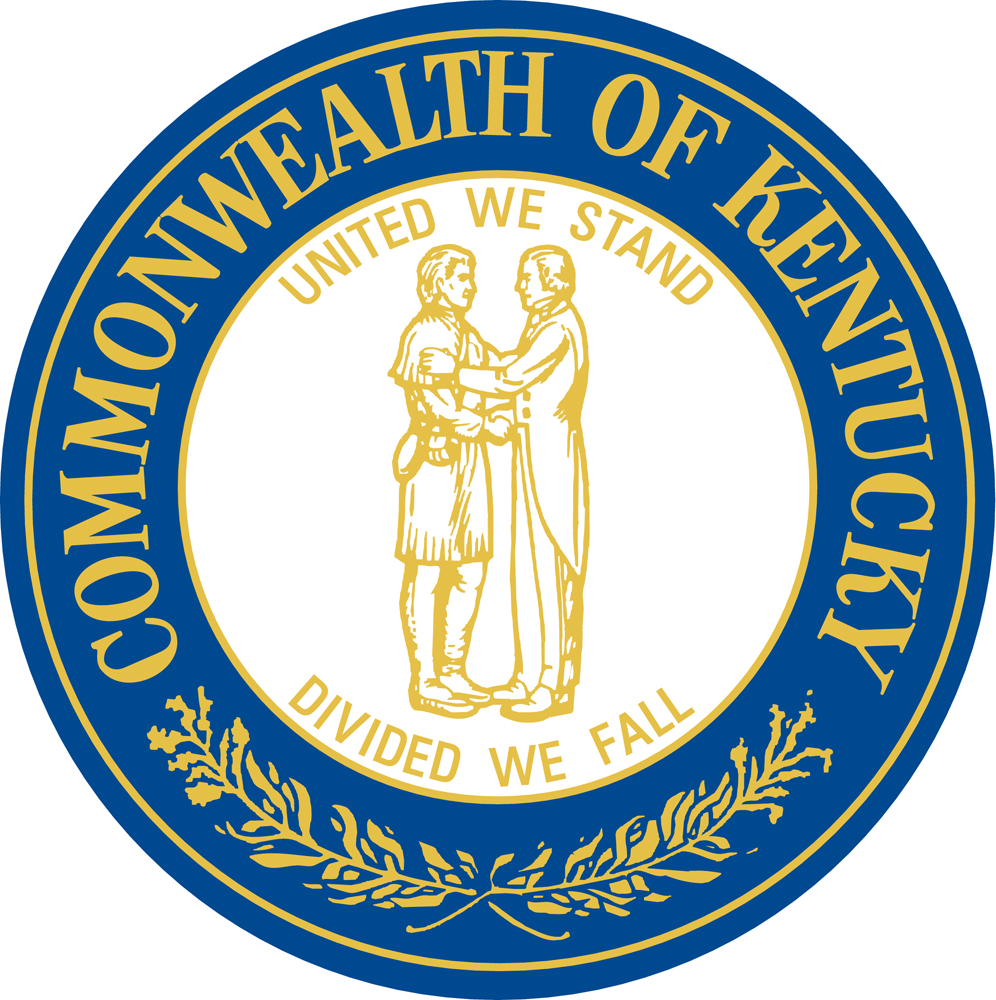




“While there is no single definition of high speed rail, 125 mph/200 kph is often considered the minimum figure to fit the description.”
Actually, the “international community” seems to have no problem with the established definitions. The confusion was (and continues to be) caused by Obama and his administration’s insistence upon altering definitions and injecting useless terminologies (such as “highER speed rail”) into the conversation.
That stupid REM project has essentially locked HFR/HSR out of Montreal.
There are only 2 official languages in Canada Donald.
However, I agree that the speeds they are proposing compared to what was offered in the past is pathetic.
The increase in frequency and reliability of the HFR proposal still makes it worth it. It would be good to have some sections of this line be able to support true high speed rail to show Canadians what can be done.
I know there is only two, but by the time they get around to doing anything, they’ll have to include all the aboriginal languages as well. We don’t want to leave anyone out.
This article showcases how nothing gets done any more.
I don’t know how long it took Canada to build its first Transcon with mules and picks and shovels and sledgehammers, across some of the most inhospitable terrain on the face of the earth. Now with all the heavy equipment and a whole lot more money and available workforce, I can guarantee you that in three times that number of years, nothing will happen in HSR/ HFR.
Charles, that’s funny!!! Remember that over 50 years ago, CN’s Turbo train made the Toronto/Montreal run in 3 hours and 59 minutes with two stops. Todays fastest is a full hour longer. Just think how much time it will take to convert everything into the metric system and then translate it into Canada’s 23 official languages. Like you stated; nothing will happen.
It’s called red tape, bureaucracy, and NIMBY’s that cause nothing to get done.